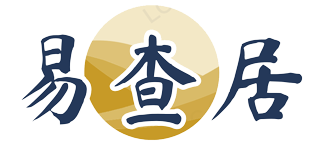1. 'newton'是英语单词,可翻译为“牛顿”。
2. 牛顿是英国物理学家,被认为是现代物理学奠基人之一。他发现了万有引力定律和三大运动定律,对于后来的科学研究做出了巨大的贡献。
3. 常见的翻译包括“牛顿”、“纽顿”等。
4. 例句:
1. I learned about Newton's laws of motion in my physics class.(我在物理课上学习了牛顿的运动定律。)
2. Newton's first law of motion states that an object will remain at rest or in uniform motion in a straight line unless acted upon by an external force.(牛顿第一定律规定,一个物体会保持静止或直线匀速运动,除非受到外力作用。)
3. Isaac Newton is considered one of the greatest scientists of all time.(艾萨克·牛顿被认为是有史以来最伟大的科学家之一。)
4. Newton made significant contributions to the field of optics as well.(牛顿在光学领域也做出了重要贡献。)
5. Many of Newton's discoveries were groundbreaking and changed the way we understand the world.(牛顿的许多发现都是开创性的,改变了我们对世界的认识。)
6. Newton's third law of motion states that for every action, there is an equal and opposite reaction.(牛顿第三定律规定,每一个作用都有一个等量的反作用。)
7. Newton's mathematical work laid the foundation for calculus.(牛顿的数学工作奠定了微积分的基础。)
8. Newton's discoveries revolutionized the way we study physics.(牛顿的发现彻底改变了我们学习物理学的方式。)
9. The principles of gravity and motion that Newton discovered are still used today in many scientific fields.(牛顿发现的重力和运动原理在今天仍然被许多科学领域所应用。)
标签:

评论列表 (0)